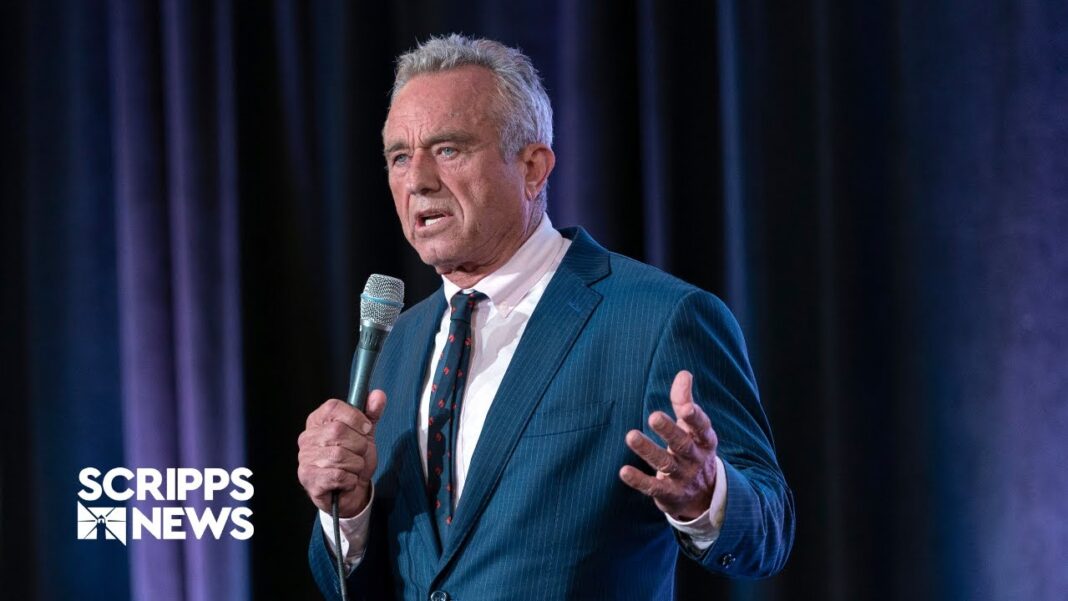Rep. Michael McCaul’s visit comes just days after China conducted large-scale military drills around Taiwan.
TAIPEI, Taiwan—A visiting U.S. congressional delegation expressed support for Taiwan’s self-defense, just days after China conducted large-scale military exercises in an attempt to intimidate the island’s newly sworn-in administration of President Lai Ching-te.
Led by House Foreign Affairs Committee Chairman Rep. Michael McCaul (R-Texas), the bipartisan delegation met with Mr. Lai on May 27. It was the first congressional visit to Taiwan since Mr. Lai’s inauguration on May 20, when he called on China to stop its “political and military intimidation” against the island in his inaugural speech.
The Chinese Communist Party (CCP) didn’t heed Mr. Lai’s call. On May 23, the Chinese regime launched what it called “punishment” military drills around Taiwan, testing its military capabilities to “seize power” in the self-ruling island.
In a joint press conference with Mr. Lai before their private talks, Mr. McCaul condemned China’s “intimidating military exercises.”
“All democracies must stand together against aggression and tyranny,” Mr. McCaul added. “Whether it’s [Vladimir] Putin in Russia, the Ayatollah in Iran, or Chairman Xi [Jinping] next door to us in China, an unholy alliance is eroding peace around the world.”
China’s military drills lasted two days. According to Taiwan’s defense ministry, 111 Chinese warplanes and 46 naval vessels participated in the exercises. The drills were conducted around Taiwan—to the north, south, and east and in the Taiwan Strait—and the island’s offshore islands of Dongyin, Kinmen, Matsu, and Wuqiu.
On Saturday, the U.S. State Department said it was “deeply concerned” with what it called China’s “military provocations.”
Taiwan and the United States currently aren’t diplomatic allies; Washington switched its diplomatic recognition to China from Taiwan in 1979. Nonetheless, under the Taiwan Relations Act of 1979, the United States remains Taiwan’s most important ally and main arms supplier.
At the press conference, Mr. Lai reiterated his plan to work with the United States and like-minded countries to “jointly maintain regional peace, stability, and prosperous development.”
By Frank Fang







